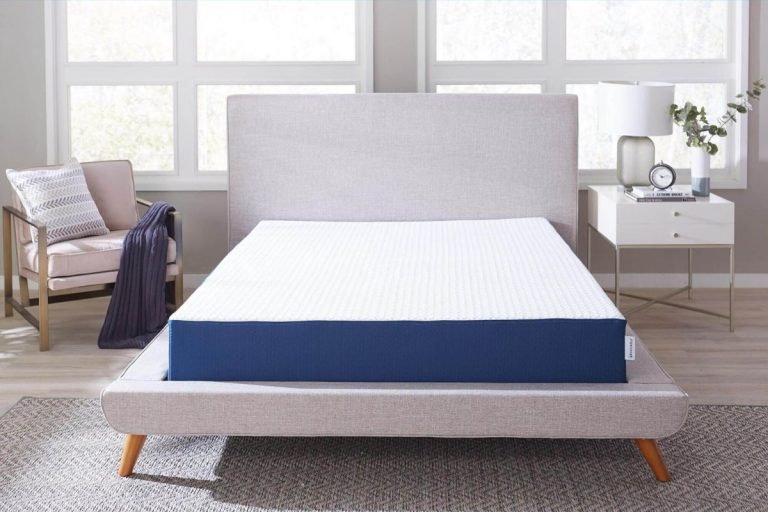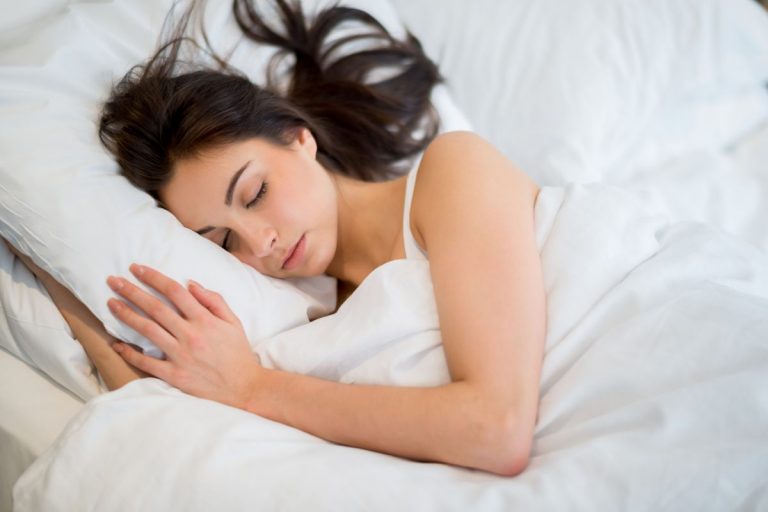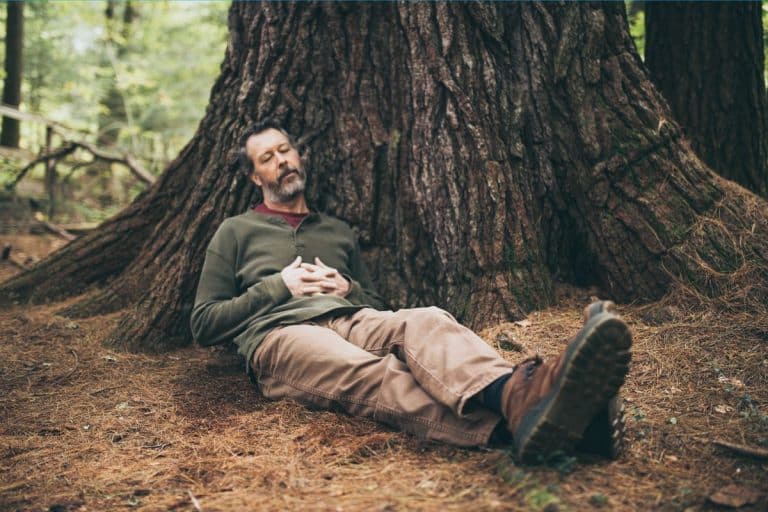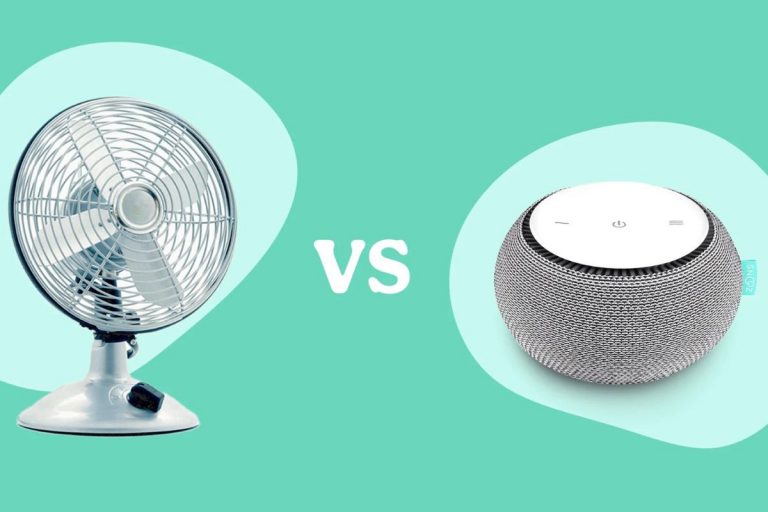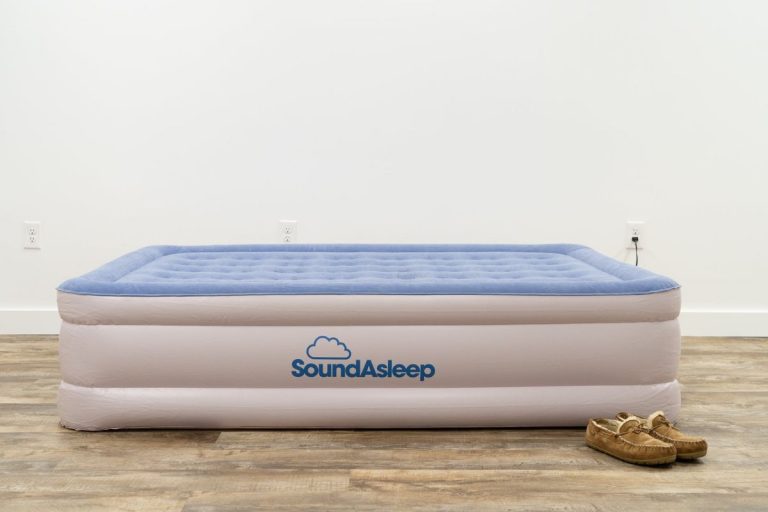People of older age get tired easier and there’s nothing bad or shameful about that. People of that age enjoy and deserve quite a lot of respect so it’s important to always be available to help them in need. Getting tired and sleeping often is nothing strange in the life of a senior, but it can get particularly risky if they fall asleep outside their bed.
So what to do when you see the elderly falling asleep while sitting? In this article, we’ll talk about the common causes and reasons as to why a senior person may lose their consciousness while sitting and how serious it can be for their safety and well-being.
Let’s face it, everyone falls asleep or wanders off while sitting. However, older people get tired easily, and they can potentially end up getting into a deep sleep while sitting. If that happens at home, in a safe and secure surrounding it’s not a big deal. If the person is not alone, their caregiver, child, or grandchild will easily escort them to bed.
However, the problem can become much more serious if an older person falls asleep in a public place like a bench in the park or bus. Not only are they surrounded by strangers who can’t help them, but they could also get seriously injured.
8 Causes For Elderly Falling Asleep While Sitting
Let’s first tackle deep into what causes older people to fall asleep while sitting. We already know that older people get tired easily, but how tired must they be to fall asleep while sitting in the living room or against the dining table? Let’s find out.
1. Insomnia
Insomnia manifests as an inability to fall asleep or remain asleep throughout the night. That seems quite contradictory to falling asleep while sitting. You must wonder how can people who fall asleep as soon as they sit have insomnia? The answer is simple, they may have difficulties falling asleep or staying asleep during the night.
A lot of older people suffer from insomnia and can take more than 30 minutes to fall asleep. Moreover, studies showed that some older people wake up multiple times during the night and have difficulties falling asleep. Many elderly people must aid themselves with sleeping pills to be able to fall asleep easier.
With that in mind, older people may have difficulties falling asleep in the evening which is why they don’t feel alert during the day and fall asleep during the day, mostly while doing something as simple as sitting and reading or watching TV.
Tips:
- If you feel that you’re unable to fall asleep or stay asleep, go to the doctor.
- Some of the medication you may be taking for chronic conditions may be stopping you from falling asleep. Make sure to consult your doctor about possible alternatives.
- Don’t exercise, eat, or use smart devices, including TV before bedtime.
2. Different Health Conditions
As people get older their bones, muscles, and even immunity decay. That can result in various chronic conditions or even autoimmune diseases.
Let’s take diabetes as an example. There are older people who either control their blood glucose level around the threshold value or suffer from high blood sugar. Such people oftentimes wake up in the night to urinate, or even drink water which can disrupt their sleep cycle.
Naturally during the day, they’ll feel more tired and find it difficult to stay alert and focus on their daily whereabouts. As a result that, they’ll fall asleep during the day, without realizing they’re in the middle of watching their favorite TV show or sitting while waiting for lunch to be made.
Tips:
- Check if you have Diabetes type 1 or 2 and whether certain medication prevents you to sleep.
- Control your diet and water intake so that you don’t wake up to drink water or urinate multiple times at night.
3. Cardiovascular Disease
According to one study, nodding off during the day is one of the red flags for a serious cardiovascular condition that may have hidden in a variety of unnoticeable symptoms, such as this one. According to a study from 2018, older people who doze off during the day are 4 times more susceptible to getting a stroke than those with a regular sleep schedule.
It’s quite important to catch on to these signs as the symptoms are early, as, with time, they could worsen and result in a stroke or some other condition that can’t be controlled.
Tips:
- If you suffer from blood pressure problems, consult your doctor about medicines that can balance your blood pressure.
- Try not to take ingredients that will make your pressure fluctuate before bed so that it wouldn’t affect your sleepiness during the day.
4. Excess Physical Activity
Seniors have weaker bones and muscles. To prevent them from atrophying and getting tired a lot of elderly find it relaxing to walk and spend time outside. What they may not know is that it may exhaust them physically.
Once they come home, they’ll easily doze off without realizing it, even when they’re simply sitting and doing something casual. They’ll only notice how tired they are after waking up from such a pose, but they’ll also get concerned.
Tips:
- Take frequent breaks while walking outside
- Drink a lot of water.
- Don’t force yourself to work too much when you feel that you’re sleepy or tired.
5. Sleep Apnea
Sleep apnea is ranked next to insomnia for being one of the worst sleep disorders that become particularly more visible as people age. That said, it can most often be seen in people who are older than 65, obese, have diabetes, or a certain cardiovascular problem that can cause higher blood pressure.
There are different types of sleep apnea but the worst one is obstructive sleep apnea. It is also the most common one and it got its name because of obstructions in the airflows that can cause groaning, coughing, and snoring. It can also happen when sleeping on the back and will leave the person exhausted the next day.
The elderly value a good night’s rest and will sometimes need up to 10 hours per night to feel completely rested. Even so, even the slightest tasking activities during the day can make them tired. Imagine getting a poor night of sleep because of sleep apnea, that just means that your body didn’t receive enough restorative sleep as fuel to get through the day.
When you add all that, you get the precise formula for accidentally dozing off while in a sitting position, which can be dangerous if you’re in a public place.
Also Read:
Tips:
- Try sleeping on the side or stomach.
- If overweight, consider losing a few pounds. Studies say losing 10% of your weight can nearly eliminate the presence of sleep apnea, according to scientists.
- Consider using sleep aids like the CPAP machine to improve your sleep quality with sleep apnea.
6. Tinnitus
Tinnitus is a condition where a person constantly hears muffled buzzing, knocking, squealing, and similar lower and higher frequency sounds. Tinnitus is a condition that can happen at any time of life, but it’s mostly a consequence of slowly and gradually losing the sense of hearing at the level we were born with.
Elderly people often have problems with hearing and sometimes may even end up with hearing aids to be able to hear other people. As the hearing sense slowly decay, older people notice buzzing sound that they primarily think is associated with high blood pressure, when it’s not.
Tinnitus buzzing noise tends to get worse at night, hindering the regular sleep cycle and causing people to wake up in the middle of the night and not be able to fall back asleep. The ambient is usually more quieter at night which is why people with Tinnitus hear it better.
During the day this can lead to exhaustion and the ambient noise from the TV, home appliances, as well as the external environment could likely lead to someone sleep-deprived falling asleep during the day.
Also Read: 10 Ways to Help You Sleep With Tinnitus
Tips:
- Consider using hearing aids.
- Try using a white noise machine to neutralize the buzzing noise at night.
- Consider taking tea or medications like Ginseng but consult your doctor before using it.
7. Narcolepsy
Narcolepsy is a condition of excessive daytime sleepiness. It doesn’t have a cause or explanation, so scientists are still working to explain the chemistry and science behind people falling asleep excessively, even during the day, and even when they have a satisfactory and healthy sleep cycle.
Although there’s little to no scientific evidence about elderly people, or those older than 60 years old can develop this condition, the already-existing case of narcolepsy has likely led to the state where the person may end up falling asleep while being in the sitting position.
It’s best to check the previous history of health conditions to have a better understanding of what could be the case. Your doctor could be able to identify the condition if you have it, or you can remember falling asleep in a sitting position or feeling extremely sleepy during the day.
Also Read: How To Feel Better After Oversleeping: Overcoming the Grogginess
Tips:
- Make sure to take frequent breaks when you feel like you’re tired.
- Use a bullet journal or a planner that will help you organize your time better when it comes to taking breaks before feeling super-tired.
- Consult your doctor.
8. Medication
Some medications may cause you to feel more drowsy, which could easily make you fall asleep during the day. The sleeping position doesn’t matter, even something as soothing as a sofa in the TV lounge or a rocking chair could cause you to fall asleep if you’re not careful enough.
Some medicines like for example antidepressants that are used for treating anxiety and depression, or allergy medicines known as antihistamines could make you extremely drowsy, to the point you could end up dozing off while sitting on a sofa.
If you recently used these, or some other groups of medicines that could cause you to feel this way, talk to your doctor and try to identify the cause of dozing off while sitting.
Tips:
- Talk to your doctor about the alternatives to the medication you’re using that causes excessive sleepiness.
Is It Normal To Fall Asleep While Sitting?
Dozing or nodding off shouldn’t be a cause of concern if it happens every once in a while, within a few months, or a whole year. However, you should be seated in a comfortable position, with it happening only while you’re watching TV or listening to music.
If this is happening frequently, and in different sitting positions as in front of the dining table or even outside on the bench, that is a cause of concern. We’re not nocturnal creatures, which is why we must ensure that we’re getting an adequate amount of sleep every night. With that in mind, older people should practice healthy sleeping habits, so they wouldn’t end up feeling exhausted and not alert enough throughout the day, or even worse, falling asleep while sitting, especially in the public.
If you notice that you’re nodding off and that you can’t remember how you fell asleep, how long you fell asleep, or even that you were tired beforehand, you should talk to your family members, but also go to a doctor, as there must be a hormonal imbalance or certain type of sleep-deprivation that is causing you to fall asleep while sitting.
Finally, it can also be a sleep disorder, many of which we already mentioned before. Some of the sleep disorders can include insomnia, obstructive sleep apnea, restless leg syndrome, but also other underlying conditions that you may not yet be aware of, but you’re struggling with them every night.
With the right doctor and therapist, and adequate therapy, you won’t find yourself falling asleep while sitting up. If anything, at least you’ll fall asleep snug in, without worrying that you’re on the bus or a public place, or that you left the stove or iron on.
